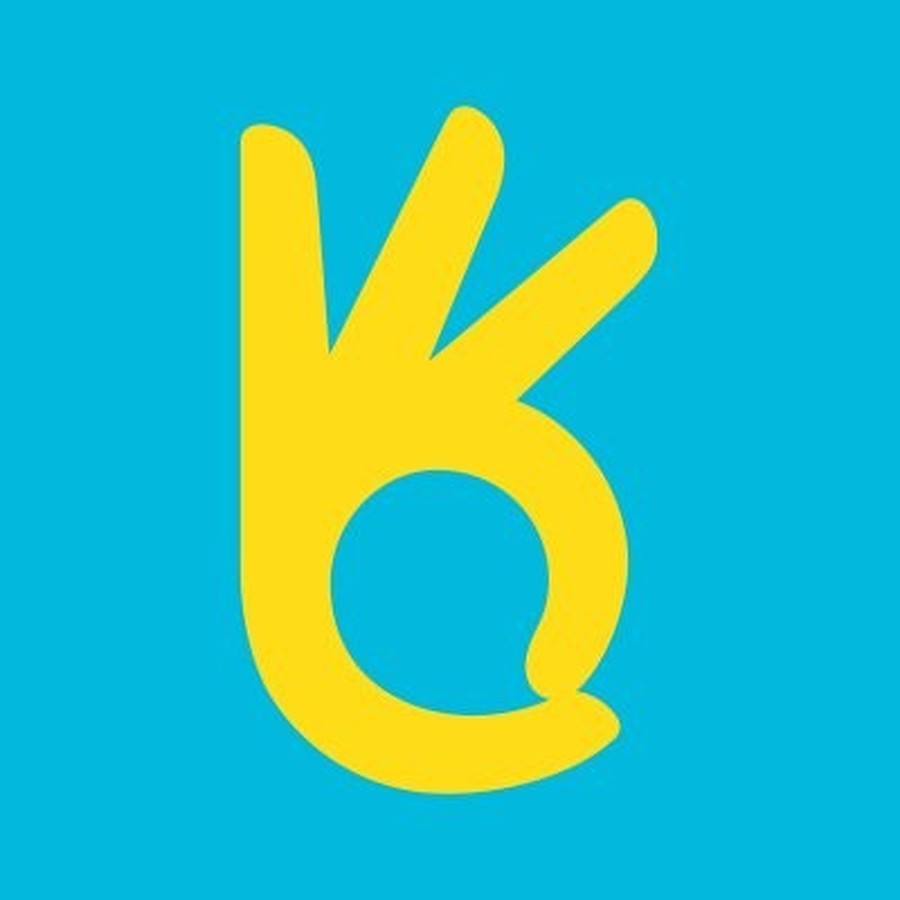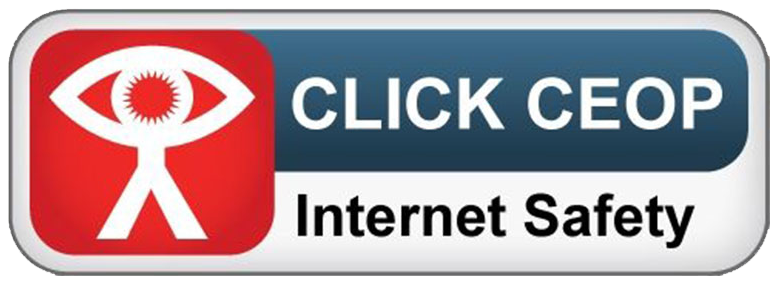EYFS writing
In EYFS we recognise the experiences and skills children learn in their early years will help them to become fluent writers and communicators.
Writing is not just about the technical aspects of the process. As a writer, you must also engage with the act of writing, be motivated to communicate your ideas, and think about what those ideas might be and how to share them.
All three of these are key areas of focus within the characteristics of effective learning.
The characteristics of effective learning: Playing and exploring (engagement)
In order to support engagement, our staff model being a writer to our children. We show them how you use writing as a form of communication and self-expression.
For example, joining in with play in a role-play shop, modelling how and why you might write a shopping list and encouraging the children to write their own. Talking about why you might need a list, modelling the thought processes as they do this – “I’ve got so many things I need to buy in this shop, I’d better make a list!”
The characteristics of effective learning: Active learning (motivation)
At Donnington Wood Infant School we see writing as something that children will choose to do, so long as you provide the inspiration, impetus, and an environment in which it happens as a matter of course during active play-based learning.
We help children to understand why they might want to use writing – for instance, how they can use it to make plans, working as a group to devise a response to a situation. Provocations work well for this, because they motivate children to come up with a response to a problem.
The characteristics of effective learning: Creating and thinking critically (thinking)
When we model writing for the children, we talk about what is going on in our minds as we write, using the language of thinking and learning. This helps to promote the important skill of metacognition – the act of thinking about and becoming aware of our own thought processes.
Staff talk about their choice of vocabulary and its impact on an audience – “I was wondering which word might help us persuade the wolf not to eat the three little pigs?” Talk also about the order in which ideas should appear in writing – “Which instruction do you think needs to come first in our recipe for a spell to make the wolf vanish?”
Play also offers children a great way to think creatively and flexibly, allowing children to develop their symbolic thinking. A stick becomes a ‘magic wand’ in a fantasy role play or a wooden block becomes a bar of chocolate in a home corner.
Early years writing and the areas of learning
It’s not just about the characteristics of effective learning.
When it comes to EYFS writing, it’s also important to think about how the different skills and knowledge your children are developing as writers fit within the prime areas.
Communication and language
Communication and language sit at the heart of writing – At Donnington Wood Infant School we believe that everything we do around building language and supporting communication feeds into the writing that our children do, even at the very earliest stages of their mark-making.
Staff are skilled at playing around with language, using alliteration, nursery rhymes, and listening activities to build the phonological awareness that is so vital as a basis for learning phonics.
Our research into early writing has shown us that the more vocabulary our children have, the better placed they will be to become fluent writers. We look for every opportunity to introduce them to new words when they’re ready for them, by modelling new ways of describing the world in our interactions.
The ability to recall, tell and create stories using interesting and varied vocabulary will benefit children in KS1. Therefore, we have a strong emphasis on introducing new vocabulary within topics, rehearsing sentences and exposure to a range of quality texts.
Physical development
The development of fine and gross motor skills is critical for the act of writing. Everything we do around physical development in our setting feeds into this aspect of writing, because when children are active they are developing core strength, dexterity, and eye-to-hand coordination. Physical development is carefully planned as part of our curriculum. Activities are carefully sequenced to ensure children build the vital core muscles needed to sit in a chair or the fine motor skills and strength needed to control a pencil.
It is easy to view writing as something that is done in a static way, seated at a desk. However, at Donnington Wood Infant School where possible we aim to create opportunities for making marks that are not desk-based at all, especially in Nursery and early Reception.
For instance, sticking paper on the underside of a desk so that the children can write upside-down, hidden in a den, or using easels and flipcharts so that the children can write standing up are just a few creative ways to develop shoulder, arm and wrist strength.
Personal, social and emotional development
Mark-making and writing offer a wonderful way of sharing how we feel, and they also require children to think about alternative perspectives.
Shared writing and storytelling are lovely ways to build empathy and to support even the very youngest children in sharing their thoughts and feelings.
Literacy
Reading and writing act as dual strands within literacy, building on the vital skills of speaking and listening to allow us to communicate and explore ideas.
Stories play a crucial role in the development of thinking and writing, because they help children internalise the underlying rules and structures. Through listening to and sharing stories, your children pick up on the patterns of story language – “Once upon a time …”, “And they lived happily ever after …”, “He huffed and he puffed”.
Using our ‘Love of reading’ books children are exposed to a wide range of carefully chosen texts throughout the time in School and Nursery. This exposes children to a wide and rich variety of language. These books are read each day for half a term.
Children take part in daily phonics sessions in both Nursery and School.
In Nursery the children will be exposed to Phase 1 which focuses on listening, distinguishing sounds and rhyming. In Reception children begin with phase 2 phonics and swiftly move onto complete phase 3 + 4 by the end of the year. They will also begin phase 5.



